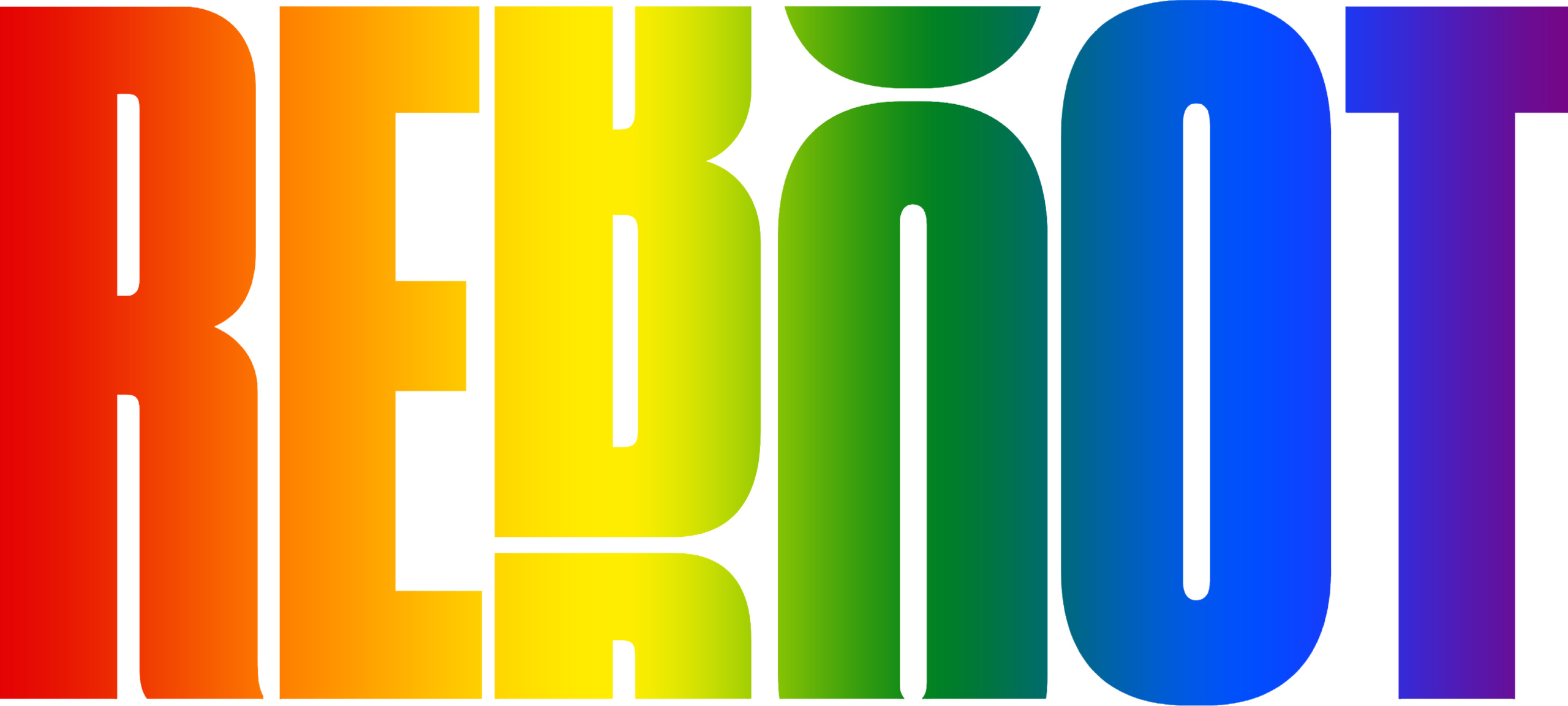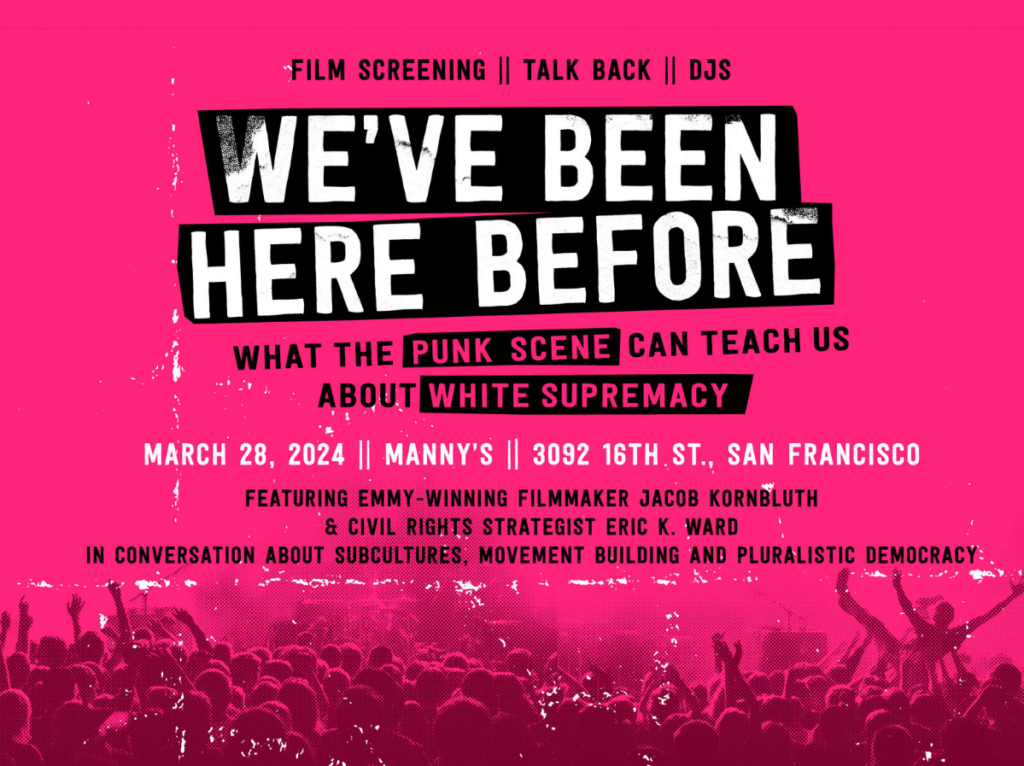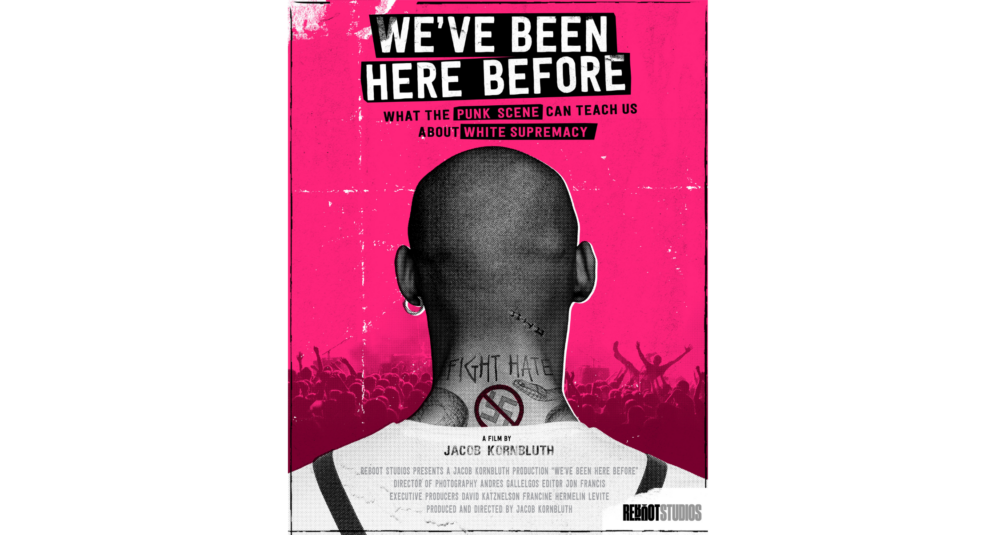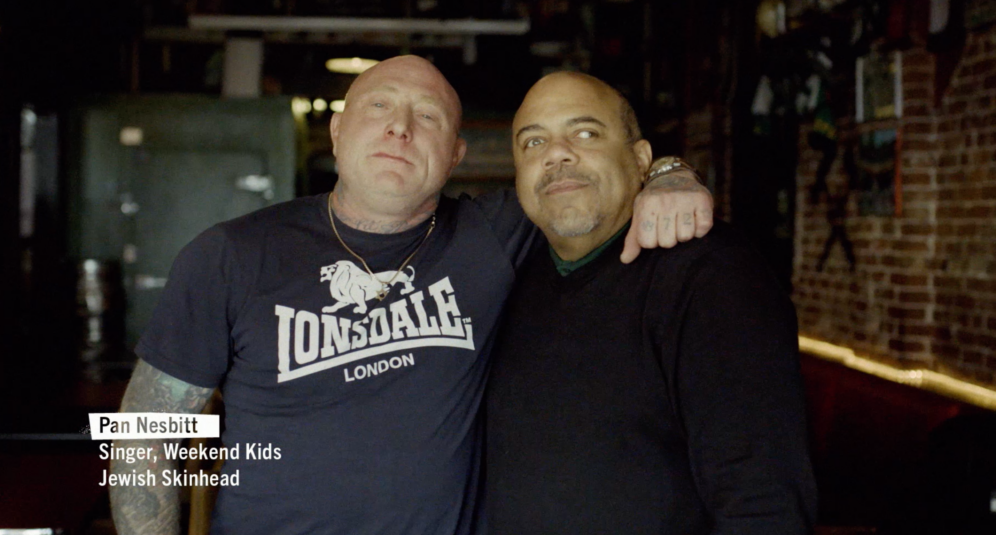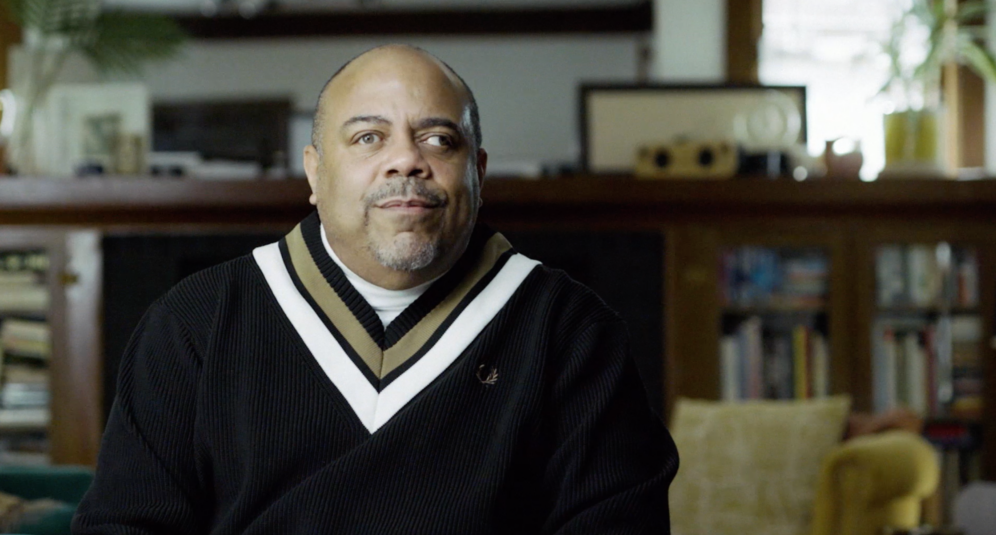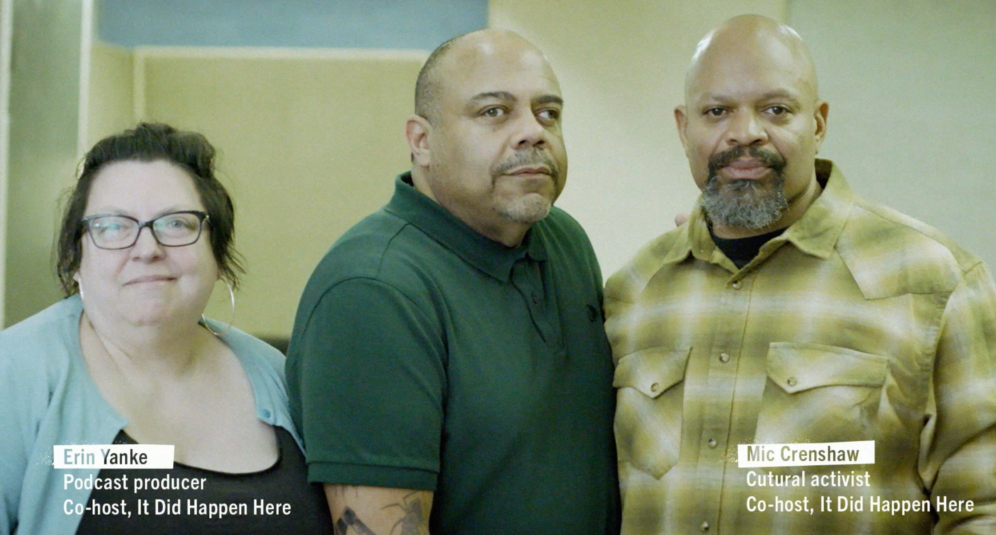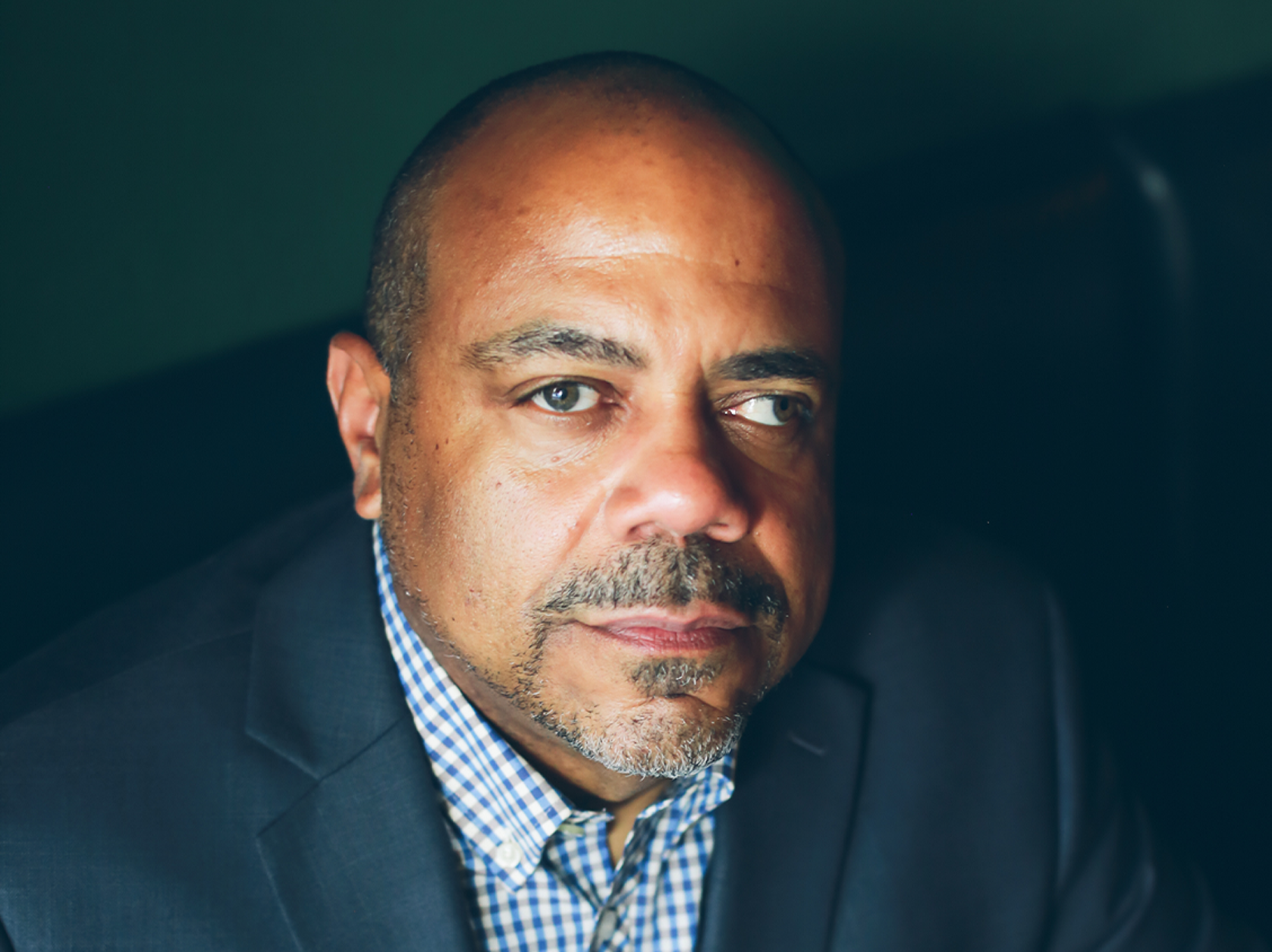We’ve Been Here Before
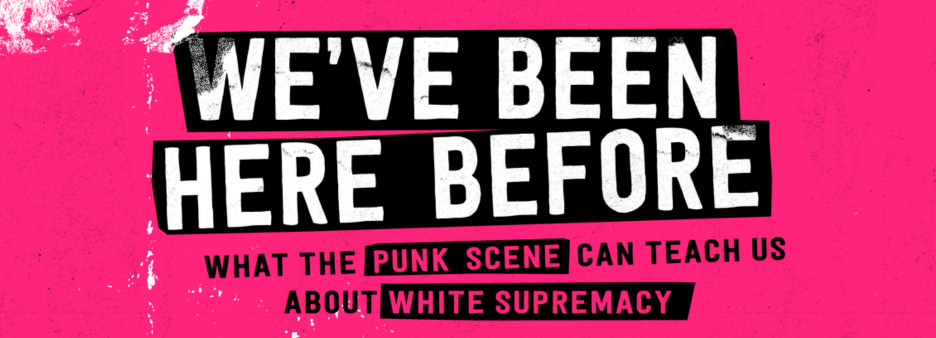
We’ve Been Here Before connects the dots between mass shootings, the rise in anti-semitism, and the rise in hate violence in America in a fresh way. It follows the work of Eric Ward, a renowned expert on the relationship between authoritarian movements, hate violence, and preserving inclusive democracy. Ward was in the punk rock subculture when neo-Nazi’s infiltrated the punk scene in the 1980’s and 90’s. The short documentary film, by Jacob Kornbluth and a part of Reboot Studios‘ latest round of funding, is a deep dive into the punk subculture that fought back against White Nationalists and neo-Nazis, and the lessons they have to share with the larger struggle against hate not just in America, but the world.
The short film will be screened at the San Francisco Jewish Film Festival as a part of the Reality Bites: Documentary Shorts program on Friday, August 2, 2024. Details and tickets can be found here.
About the Film
Eric Ward begins We’ve Been Here Before by listing off some mass shootings in America:
- A supermarket in Buffalo, New York. Mostly black victims.
- A Garlic Festival in Gilroy, CA. A Walmart in El Paso, Texas. Mostly Latino victims.
- The Tree Of Life Synagogue in Pittsburgh, Pennsylvania. Mostly Jewish victims.
What connects those tragedies? Ward notes that one answer to what connects the shootings will surprise many people: antisemitism. In their hate manifestos, all of these white nationalist killers cited something called “Great Replacement Theory” as motivating them. This bogus and hateful theory allowed these shooters to see the victims as puppets, and the “puppet masters” are named as Jews.
Ward’s primary identity is as a black man, and he is not Jewish. How does a black, non-jewish, anti-hate activist come to have such a unique perspective on antisemitism?
The answer revealed in We’ve Been Here Before is that Ward is a longtime punk rocker. He identifies as an “anti-racist skinhead.” To be an anti-racist skinhead when the neo-nazi skinheads infiltrated the punk scene in the late 80’s and early 90’s meant you had a choice: give up, or fight back.
To fight back, Ward and the community of Punks he was a part of realized they had to understand the White Nationalists they were fighting. That meant doing research, analyzing the white nationalists’ flyers and ‘zines, and even infiltrating white nationalist meetings.
The more they came to understand the hate fueling White Nationalists, the more these punk activists came to realize how antisemitic it was. White nationalist communications and literature – even when they were overtly about Blacks, immigrants, or other targets of hate – were often infused with some mention of Jews “pulling the strings” and manipulating other minority groups.
This myth was called “The Protocols of the Learned Elders of Zion.” More than a century ago, it was used by those fearful of democracy to portray Jews as the enemy of European Christendom. This same myth was now being repackaged by White Nationalists as “great replacement theory” today.
As a Black anti-hate activist, Ward understood that race was a construct. As was racism. And White Nationalists were “othering” Jews in the same way they “othered” black people like him. Ward and his punk friends realized that to destroy racism, they had to confront anti semitism. They could see that all of this racist hate was connected.
We hear from a few of them in the movie: Erin Yanke, fellow black anti-hate skinhead Mic Crenshaw, and Jewish anti-hate skinhead Pan Nesbitt. They were just a few members of a coalition of black, LGBTQ, Jewish, and other activists that came together to save the punk scene they loved from the white nationalists, and learned some valuable lessons in the process.
To many, the white nationalist march on Charlottesville seemed like anti-black racism, and it was. The “Jews will not replace us” chant from that same “Unite The Right” rally may not have felt connected to that anti-black racism to many who heard that hateful chant. But to Ward and his friends who had a front row seat to the rise of White Nationalism in the punk scene, they understood the connection. White nationalists see Jews as a different race, and to not treat all racism as a problem means you can’t address racism at all. We’ve Been Here Before, the punks are telling us, and we have lessons to share with the larger culture. Lessons that will be useful if we want to save democracy from the white nationalist hate that now threatens us all.
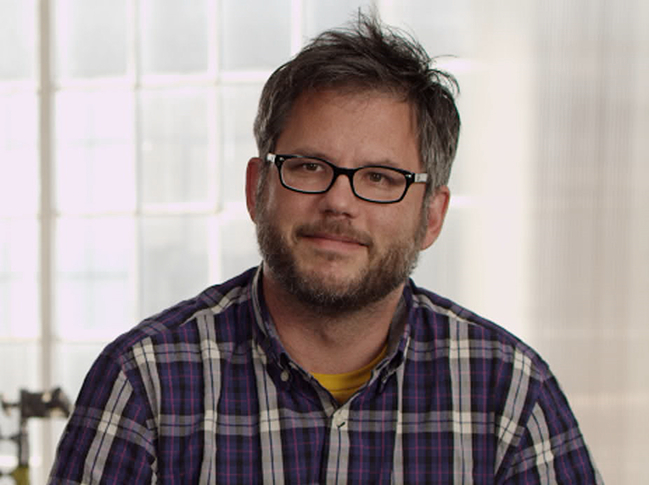
Jacob Kornbluth
Emmy-winning directorJacob Kornbluth is an award-winning director of TV, film, and theater. He has directed 5 feature films. He won a primetime Emmy for his work on the Showtime series Years of Living Dangerously, and was awarded a Special Jury Prize for excellence in Filmmaking from the Sundance Film Festival. Jacob founded Inequality Media, with Robert Reich, which has been a “light house” brand for economic storytelling and played a crucial role in framing an economic case for policies in ways everyone can understand. His videos have been viewed close to a billion times on social media.
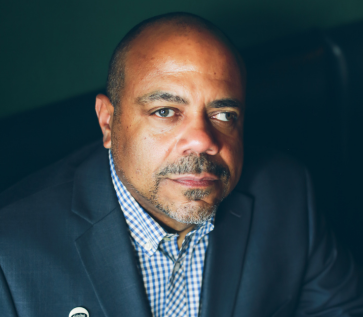
Eric K. Ward
Civil Rights StrategistEric K. Ward, Executive Vice President of Race Forward, is a nationally-recognized expert on the relationship between authoritarian movements, hate violence, and preserving inclusive democracy. He brings over three decades of leadership in community organizing and philanthropy to Race Forward, having worked with leaders from government, law enforcement, business, and civil rights groups to advance civil rights work. Eric serves on the boards of several organizations and was the recipient of the 2021 Civil Courage Prize – the first American in the award’s 21-year history.
